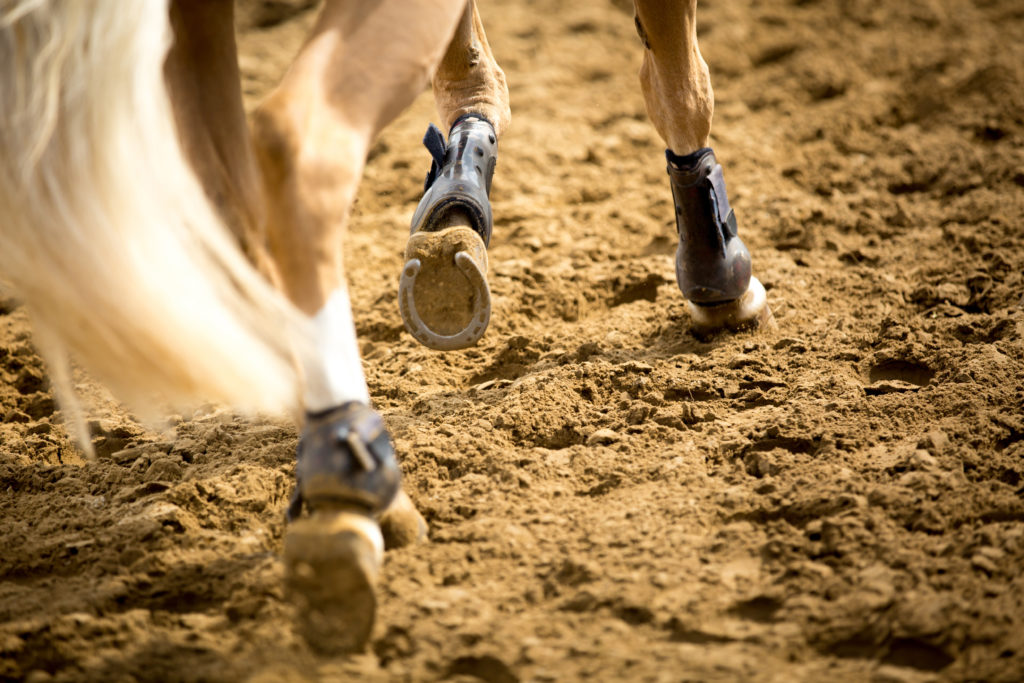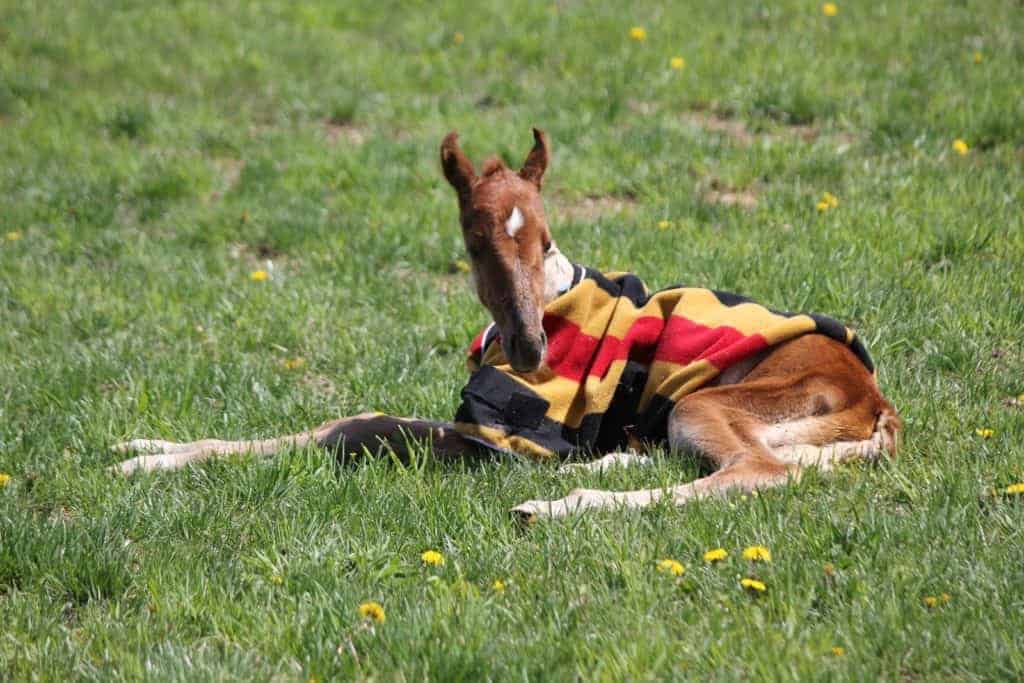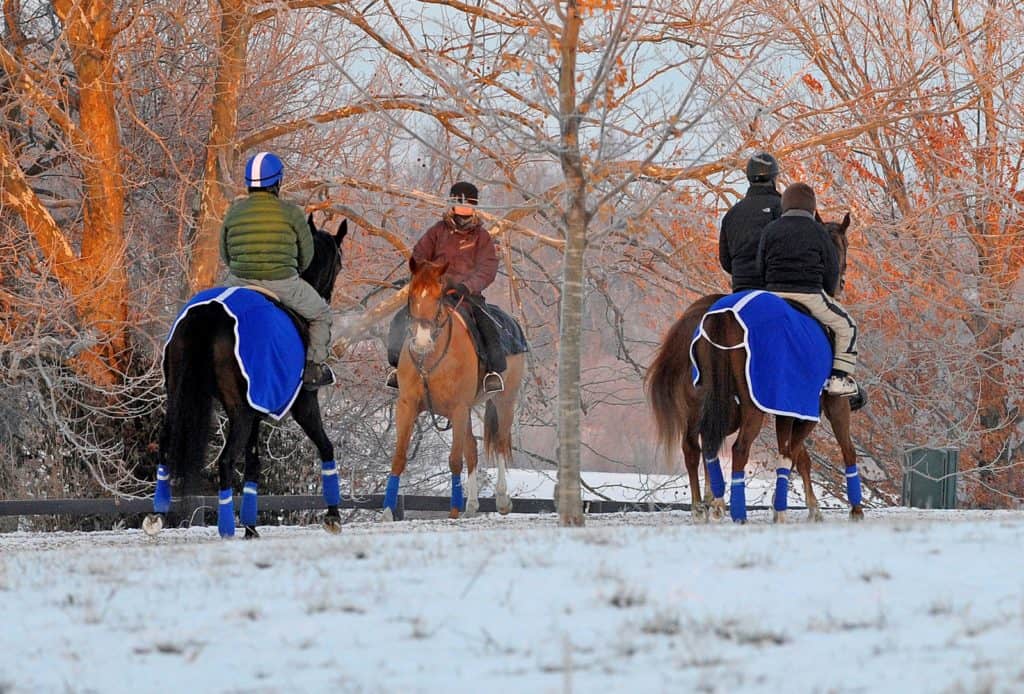
Horse Lies Down Frequently: Tired or in Trouble?
Is it cause for concern if a horse lies down frequently?

Is it cause for concern if a horse lies down frequently?

Why does a horse’s hooves grow faster than his stablemates’ that are on the same diet and exercise schedule? A veterinarian who’s also a farrier shares his thoughts.

Researchers identified upper respiratory tract disorders, many of which aren’t common in other horse types, in 92% of the competition draft horses they examined.

Researchers confirmed that ultrasound is a useful and economical screening tool to identify humeral stress fractures and can be used with radiography to monitor healing.

Multiple hoof-related factors can affect a horse’s performance—including balance, trim, shoes, pads, support materials, and more. Here’s how farriers can help a horse reach his potential.

Recognizing and treating club feet in young horses can help them succeed in their intended discipline and, ultimately, prevent lifelong hoof complications.

How does a trainer explain a retired racehorse’s previous injury to a potential buyer? Two veterinarians and a three-day eventer weigh in.

Anecdotally, we know that hoof anatomy influences horse soundness and movement, but researchers are working to put science behind that relationship. Here’s what they’ve learned so far.

A systematic approach to examining the equine foot can help veterinarians identify causes of lameness more quickly and accurately.

Is your horse’s clumsiness a simple matter of long toes and uneven ground, or is a career-limiting condition to blame?

Consider these tips to help protect your horse’s breathing zone and most effectively achieve optimal respiratory health this winter.

Attention to certain details during exams and careful consideration of test results can help a veterinarian arrive at a diagnosis, making way for an appropriate management.

As much credit as we give horses for their metaphorical hearts, the actual blood-pumping organs generally get far less attention than other bodily systems. Take an in-depth look at the cardiovascular exam, common cardiac abnormalities, and treatment options.

Researchers recently identified a link between hind-limb lameness and coffin bone angles, which they said has not been previously described in horses.

Your horse needs a strong immune system to stand up to the challenges that come with living outdoors, commingling with other equids, and more. Critical to that immune system are infection-fighting proteins called antibodies (immunoglobulin G, or IgG). How much do you know about your horse’s IgG levels?

Find out why using coolers on horses post-exercise makes good sense, especially during cold weather.
Stay on top of the most recent Horse Health news with
"*" indicates required fields